How Much Dry Pasta In A Cup The term much can be used as an adverb as well as an adjective In both cases they represent large amounts of something that could be countable or uncountable
The words MUCH MANY and A LOT LOTS show there is a large amount of something Much is used with uncountable nouns smoke water money etc Many is used with plural countable nouns cars sunglasses people etc A lot Lots can be used with both countable and uncountable nouns Much and many both mean large amounts Despite their meaning how they are used in sentences comes down to noun they modify Learn how to know when to use much or many and how to avoid grammar traps
How Much Dry Pasta In A Cup

How Much Dry Pasta In A Cup
https://i.pinimg.com/originals/ee/2d/0c/ee2d0cf98807d607488b65dc63833034.jpg

Is 1 Cup Of Dried Pasta Enough For 2 People YouTube
https://i.ytimg.com/vi/DP0lvnwx8qA/maxresdefault.jpg

How Much Dry Pasta Yields How Much Cooked Pasta Serving Size
https://i.pinimg.com/originals/38/18/52/381852dc05489fda3fb1cbfa61b89d05.png
In connection with much many people often speak of countable nouns and uncountable nouns Countable nouns have a singular and a plural form In plural these nouns can be used with a number that s why they are called countable nouns Countable nouns take many Example 100 friends many friends Uncountable nouns can only be used in singular Much is used to describe uncountable nouns such as water air or love On the other hand many is used to describe countable nouns such as books apples or people
While you might find much and many often used in place of one another there s a key difference between them Much is meant to be used with uncountable nouns and many is used with countable nouns In informal English these questions are often answered with a lot of lots of There is no much difference between the two phrases
More picture related to How Much Dry Pasta In A Cup

Ounces To Cups A Guide To Estimating Pasta Yield How To Cook Pasta
https://i.pinimg.com/originals/97/d5/02/97d5024a908739f806545e2b3dec4a6f.jpg
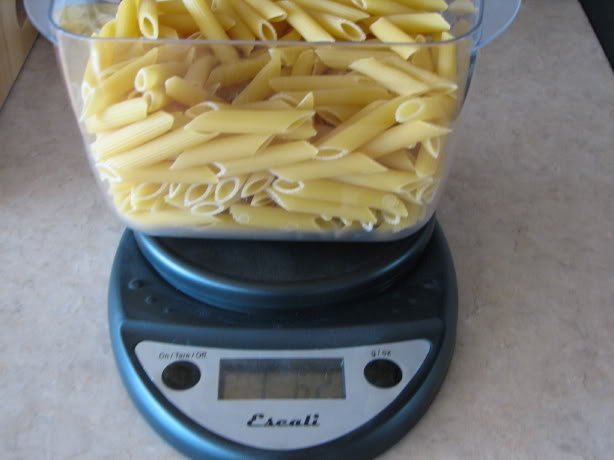
Pasta Measurements Lynn s Kitchen Adventures
https://www.lynnskitchenadventures.com/wp-content/uploads/2009/08/weighingpasta.jpeg

Dry Pasta Guidelines From A Taste Of Home
https://i.pinimg.com/originals/8f/94/1d/8f941d2cf650b3c59a7282a7b6b62581.jpg
Much is typically used with uncountable nouns while many pairs with countable nouns Knowing the difference helps us convey our thoughts more precisely and avoids common grammatical errors If you can count a specific number of the noun use many If you can t use a number to describe the noun choose much instead Since much and unquantifiable both contain the letter U it s easy to remember when to use much
[desc-10] [desc-11]

Pasta Packaging Packaging For Pasta Noodles
https://www.carepac.com/wp-content/uploads/2022/04/fusilli-bag-mockup-falling.png

Here s How Much Pasta You Should Make Per Person Pasta Serving Size
https://i.pinimg.com/originals/e4/57/98/e45798b4cfd97ef5b3f2bc6796c9f233.jpg

https://byjus.com › english › difference-between-much-and-many
The term much can be used as an adverb as well as an adjective In both cases they represent large amounts of something that could be countable or uncountable

https://worldenglishblog.com › english-grammar-much-or-many
The words MUCH MANY and A LOT LOTS show there is a large amount of something Much is used with uncountable nouns smoke water money etc Many is used with plural countable nouns cars sunglasses people etc A lot Lots can be used with both countable and uncountable nouns

Cat Eating Spaghetti Poster Picture Metal Print Paint By Alchist

Pasta Packaging Packaging For Pasta Noodles

Portion Sizes Share The Pasta
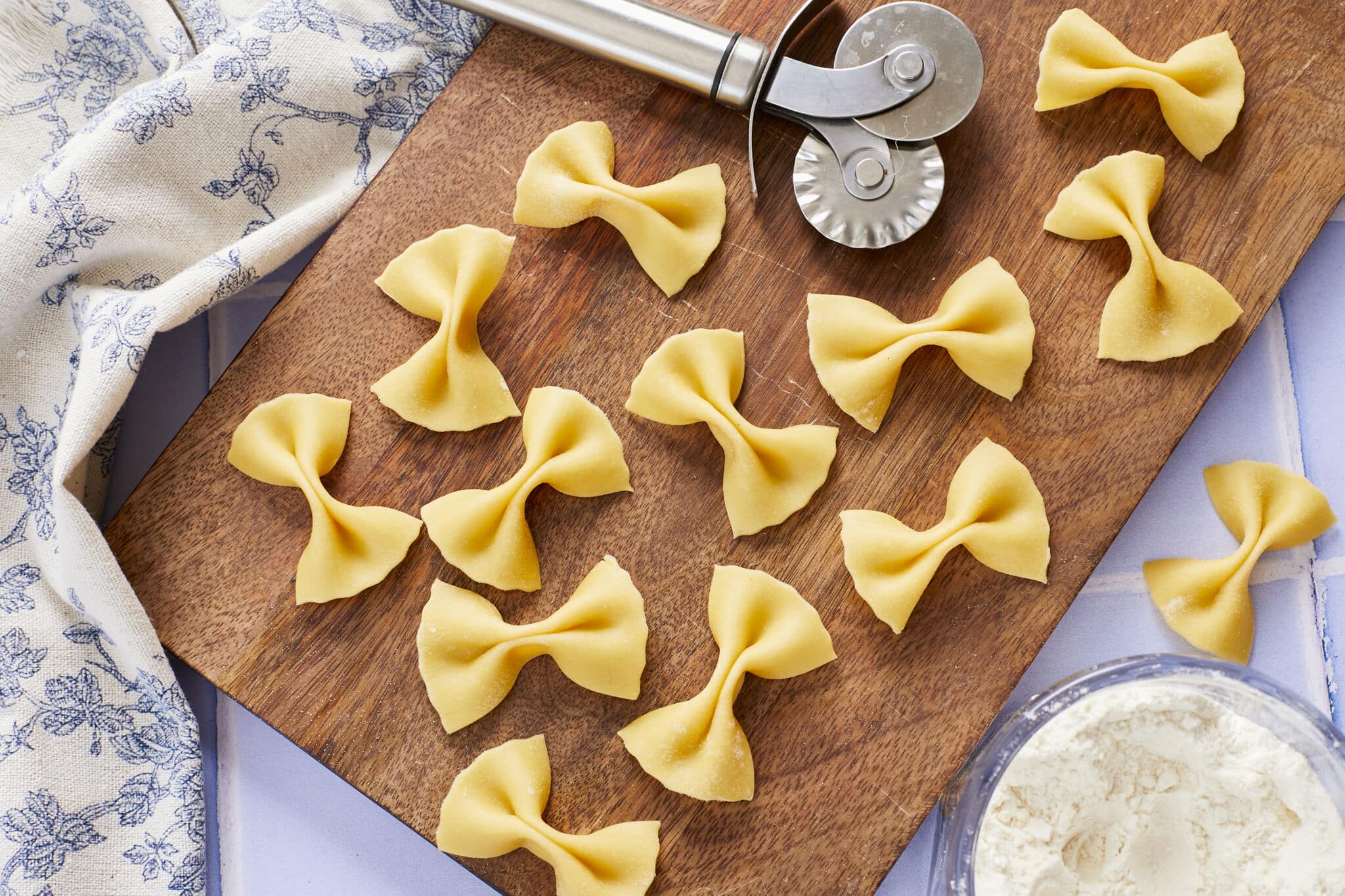
Farfalle Pasta
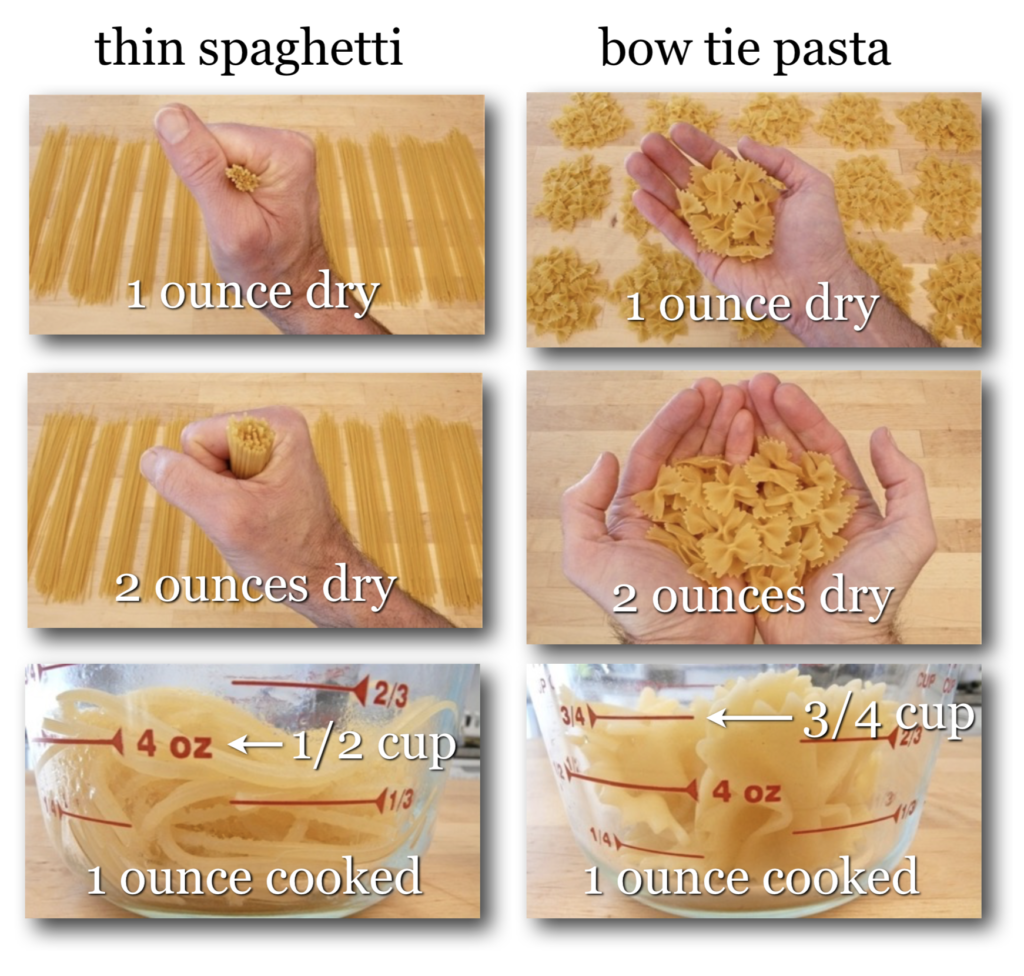
Pasta Gotta Eat Can t Cook
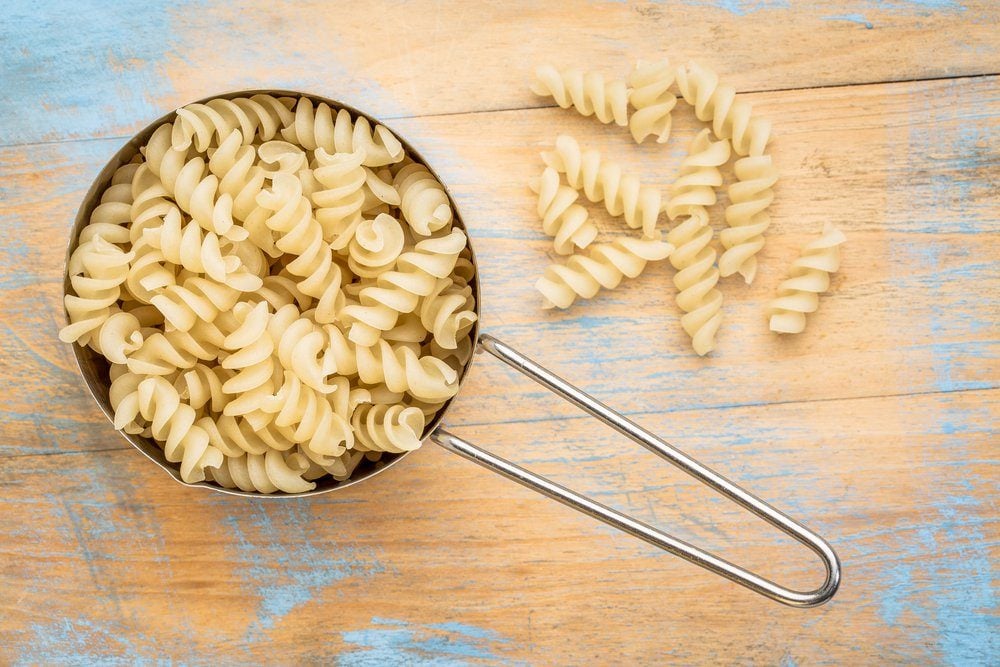
How Much Pasta Is The Right Portion Reader s Digest

How Much Pasta Is The Right Portion Reader s Digest
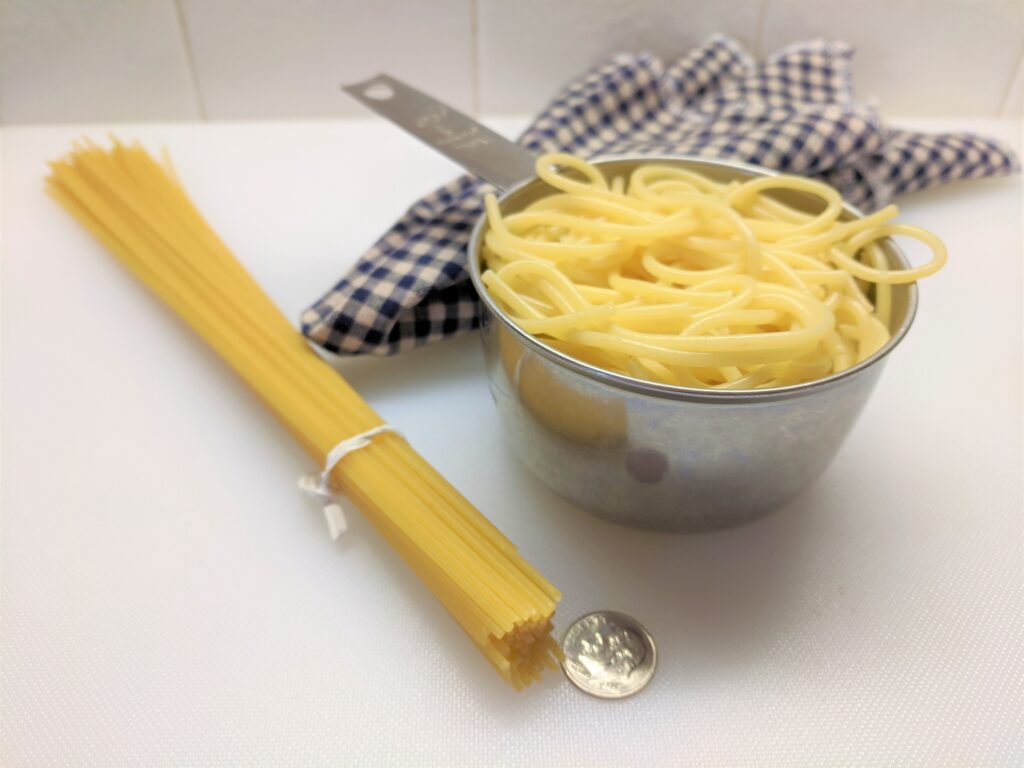
Celebrating Spaghetti AnswerLine Iowa State University Extension

Ultimate Pasta Comparison Health Food Healthy Recipes Nutrition

How To Measure Dry Pasta 8 Steps with Pictures WikiHow
How Much Dry Pasta In A Cup - In informal English these questions are often answered with a lot of lots of There is no much difference between the two phrases